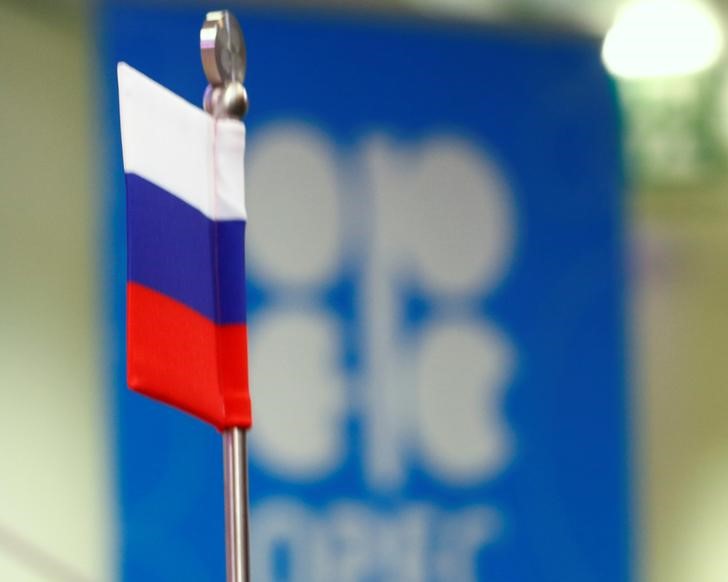BofA warns Fed risks policy mistake with early rate cuts
(Bloomberg) -- Russian President Vladimir Putin has a strong incentive not to rock the boat when OPEC+ nations meet in the coming days to decide whether to prolong oil production curbs.
The recent increase in oil prices means that his government’s revenue is finally starting to recover after months of heavy losses. The ruble price of a barrel of Brent crude has climbed to the highest level since before virus lockdowns sapped demand three months ago.
“When the ruble price of oil was significantly lower, there was concern about how the budget would make up the lost revenues,” said Grigory Zhirnov an analyst at Nordea Bank in Moscow. “Now the problem is slightly less acute.”
Russia’s decision to reject proposed output cuts just before global virus lockdowns began in March led Saudi Arabia to flood the market with surplus oil, sending prices to historic lows. An agreement to reduce production was reached in April and producers are discussing extending it.
Russia Gets Top Dollar for Its Crude Oil Thanks to OPEC+ Cuts
OPEC+ Edges Closer to Compromise to Extend Deepest Ever Cuts
Russia is currently receiving about 2,700 rubles ($39) for a barrel of its Urals export blend of oil, around the level that is set out in the budget, according to Nordea’s calculations. The output cuts and a slump in non-energy revenue mean the country will still struggle to make ends meet amid the worst economic slump in more than a decade.
Higher oil prices also mean that the government doesn’t have to sell so much of its foreign-currency reserves to prop up the ruble. The ruble is the biggest gainer among major emerging markets this quarter, with a rally of 14%.
Under a budget rule designed to smooth out currency volatility, the central bank buys foreign currency when Urals is above $42 a barrel, and sells when it falls lower.
©2020 Bloomberg L.P.
